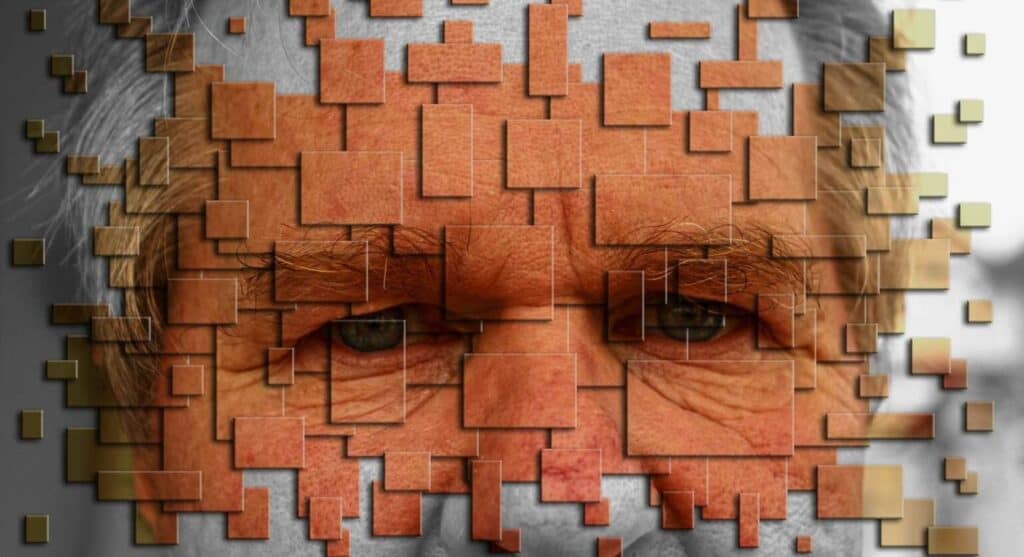
It is so hard for some people to reach out for professional mental healthcare to a psychiatrist, psychologist or counselor in Dubai when they are struggling with life challenges, or a mental health disorder. This article will look at psychiatry and the stigma of mental healthcare.
What is mental health?
Mental health is a widespread concern within any population, including Dubai. According to Global Health (2017), at least 1 in 7 people globally will have one or more mental health disorders or substance use disorder (alcoholism/drug dependency). The World Health Organisation (WHO) reports that the UAE has the highest regional level of depression. It also ranks high for anxiety. Yet, many people choose to suffer in silence. The Arab News (2019) stated that fewer than half of the Arab respondents of a YouGov poll, conducted in the UAE, said they would seek professional help from a psychiatrist, psychologist, or counselor if they had a psychological disorder. They identified stigma around mental illness as the deterrent to getting help.
An article in World Psychiatry discussed that stigma surrounding mental health is a well-studied phenomenon. Sociologists and social psychologists break this stigma down into public and self-stigma. They explain, “Public stigma is the reaction that the general population has to people with mental illness. [And] self-stigma is the prejudice which people with mental illness turn against themselves. Both public and self-stigma may be understood in terms of three components: stereotypes, prejudice, and discrimination. “

What is the stigma of counseling and mental healthcare?
Indeed, many patients in Dubai express a reluctance to seek treatment and be open about their mental health, because they fear how and what people might think of them, and they are afraid of possibly being treated differently. Patients do not only worry about what people might think of them if they got help, but they often have internalized negative views of mental illness. So often people think they are weak if they reach out to a counselor, psychologist or psychiatrist. They have the expectation of themselves that they should always have good mental health and be able to manage on their own if there is a problem.
What role do family members play in receiving counseling and mental healthcare?
A person who would benefit from professional help might also hold back on getting mental healthcare. This can happen because of loving family members can perpetuate the stigma of psychiatry and mental healthcare and counseling. Families can discourage family members from seeking psychiatric or psychological help believing that love, structure and support are sufficient to address a mental health disorder. Laypeople can be unaware of the complexity of mental health disorders. They think they can sufficiently support and guide their loved ones. Family support is essential in all areas of life and is linked to better physical and mental health; however, when a serious mental health disorder is evident professional treatment by a psychiatrist, psychologist, or counselor is essential.
As with physical disorders, early intervention prevents an escalation of symptoms and facilitates healing and curing illnesses. Most importantly though, early intervention preserves people’s ability to continue to function in their professional, student, and parental roles. This prevents negative consequences, such as job loss, academic failure, and parental neglect, which are often worsened by mental health stigma. When symptoms occur, e.g. sleeplessness, racing thoughts, loss of confidence, feelings of gloom, fear of leaving the house etc., and behaviors change, e.g. calling in sick/skipping classes, isolating, over- or under-eating etc., it is time for a professional mental health assessment. Reducing stigmatization psychiatry and encouraging timely psychiatric treatment without stigma are essential steps to support recovery and ensure individuals receive the care they need without shame or delay.
A counselor, psychologist, or psychiatrist can assess if someone just needs to talk a few things through to get them sorted, or if a mental health disorder is present. Depending on the presenting problem the mental healthcare provider will recommend regular sessions and possibly a psychiatric referral. The overall treatment plan might include talk therapy and possibly include medication prescribed by a psychiatrist.

Time to overcome the stigma of mental healthcare
It is time that we consider mental healthcare equal to physical healthcare. If you have a mental health concern and need counseling, psychotherapy or medication, please reach out to a professional service provider. Mental healthcare is the same as physical healthcare. It is no different that visiting a medical doctor if you had bronchitis or a wound that needed dressing. Being human makes us vulnerable to physical and emotional disorders. The question arises why we continue to treat one differently from the other? It is time that we put aside the stigma of psychiatry and mental healthcare. When someone needs mental healthcare, we need to support them to get help from a licensed professional.

Dr. Annette Schonder
Clinical Counsellor,
Marriage Therapist, Hypnotherapist
(American Board)
Call +971 4 457 4240


